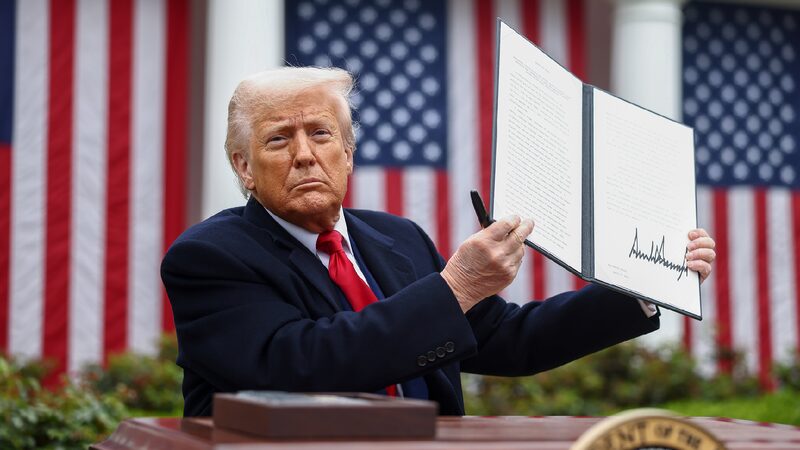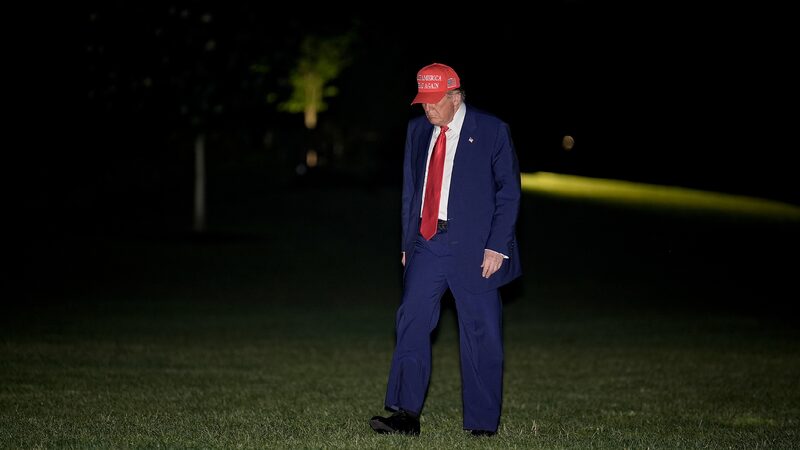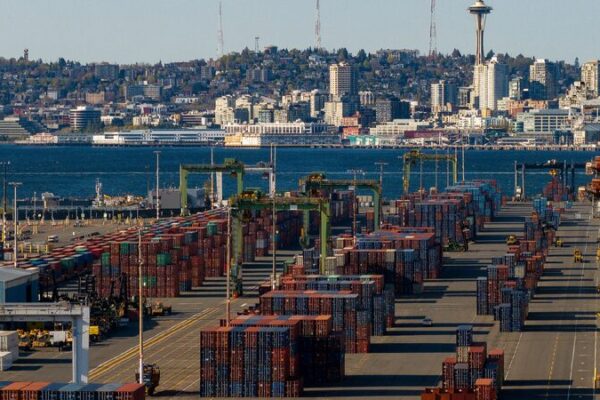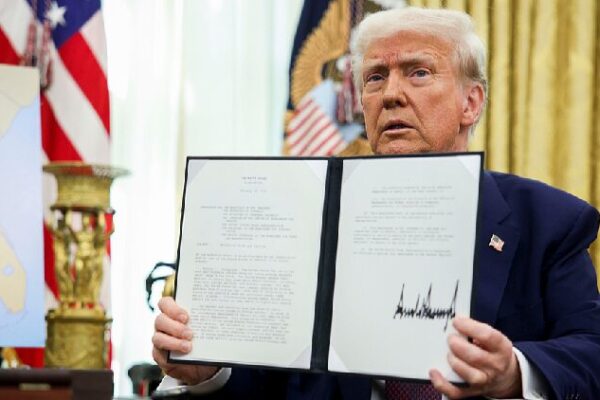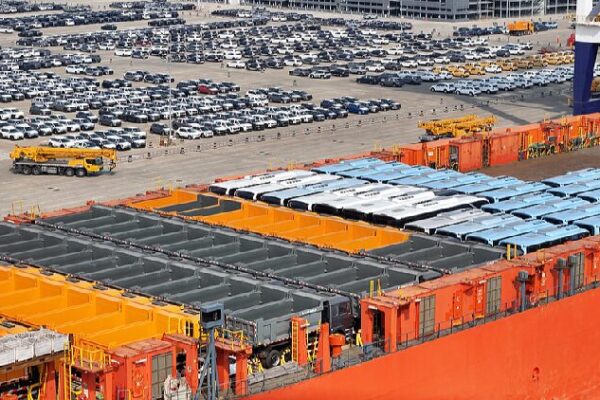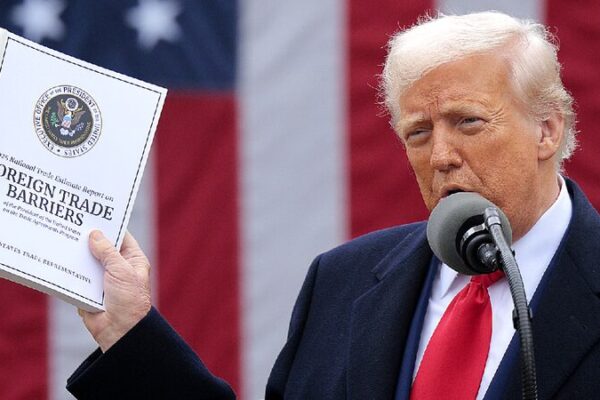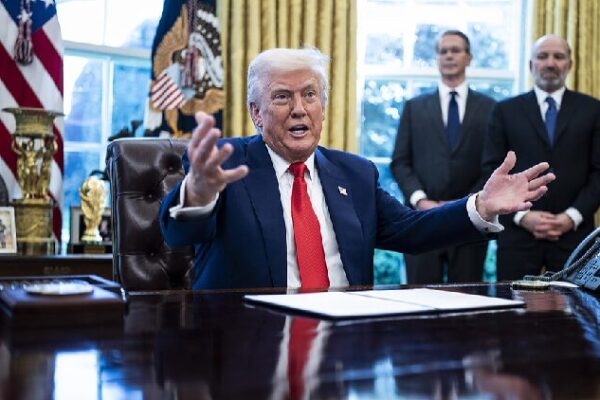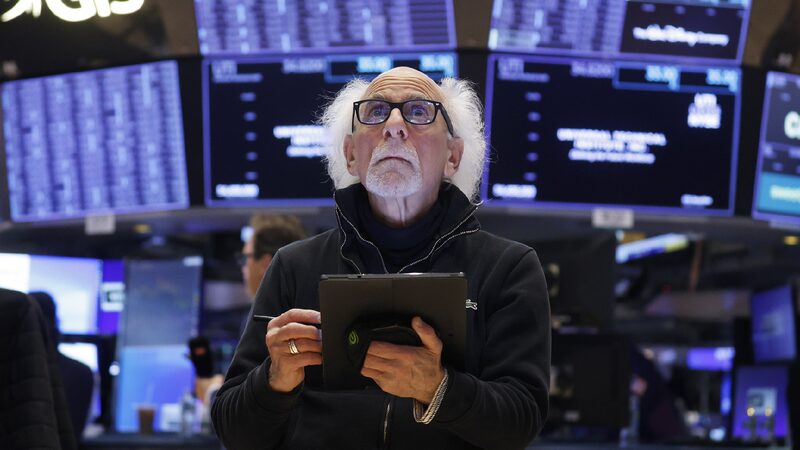In the last two decades, global trade has changed dramatically. China has risen to become the largest trading partner for over 150 countries, while the United States’ role has diminished, now accounting for less than 15% of global imports. Recent actions by the US government, particularly the introduction of widespread tariffs, are accelerating this shift. By imposing tariffs on numerous countries, the US has moved away from its traditional role in the global economy. These tariffs, which are supposedly “reciprocal,” are actually calculated based on the trade deficits the US has with other nations. This approach has been seen by many as arbitrary and is stirring tensions worldwide. The US administration claims that these measures are necessary because the country has been unfairly treated in global trade. However, studies have shown that the tariffs have not revived American manufacturing or significantly increased employment. Instead, they have raised costs for American companies and consumers. In response, countries around the world are seeking new partnerships and strengthening existing ones. China, for example, has implemented its own tariffs on American goods and is looking to other nations to supply products it previously imported from the US. This includes agricultural products like soybeans, corn, and meat, which China is now sourcing from countries like Brazil, Argentina, Australia, and New Zealand. The shift doesn’t stop at agriculture. China is also turning to alternative sources for energy, technology, and other key imports. European and Asian companies are stepping in to fill the gaps left by reduced US trade. This means that many US products can be easily replaced by alternatives from other countries. This global realignment is pushing the world towards a multipolar trade system, where power and influence are more evenly distributed among nations. As countries deepen their trade relationships with each other, the US risks isolating itself from the evolving global economy. The current situation highlights the interconnectedness of today’s world. Unilateral actions like widespread tariffs can have unintended consequences, driving other nations closer together. For young people in the Global South, these changes can have significant impacts on local economies, opportunities, and the future of international cooperation.
Reference(s):
cgtn.com

